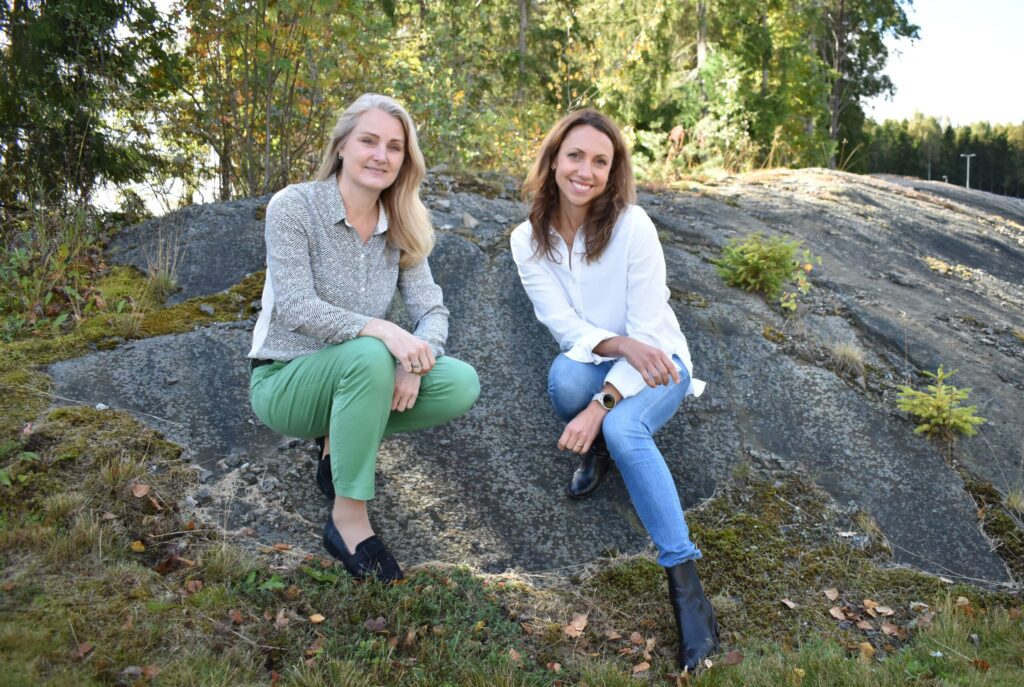
Marker and Halden municipalities are embarking on a three-year process to map and improve their own capacity for change and smarter ways of thinking when it comes to energy, water and food. The aim is to consume the three resources in a more sensible way.
Climate change and the green shift are forcing the world to change its way of thinking. Everyone can contribute in their own way, but public bodies have a special responsibility.
The municipalities of Marker and Halden are aware of their responsibility in many ways, and some of that has been formalized through the EU project TANGO-W.
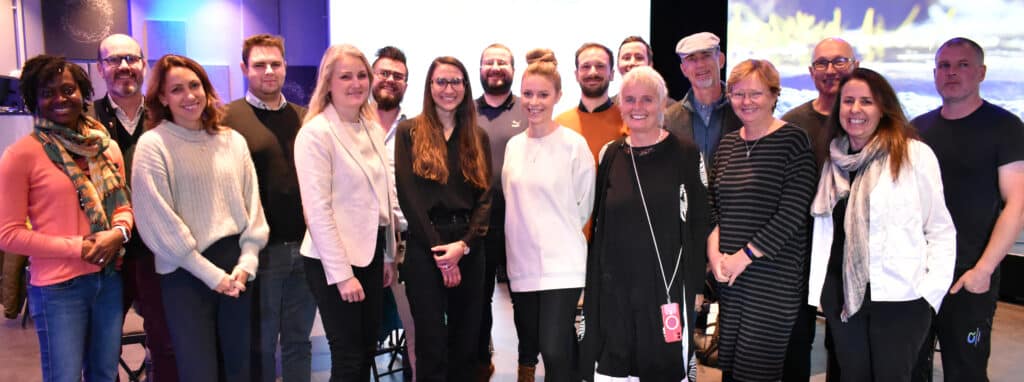
Together with partners from Austria, Lithuania and Sweden, the two Norwegian municipalities will use the time from April 2022 to February 2025 to go in depth on how they can work with the resources of energy, water and food in a more appropriate and environmentally friendly way.
- Among other things, we want to test out a new system for sustainable and balanced water consumption through the development of sources with purified water for the production of local sustainable food, and for selected social and consumer purposes that contribute to reducing the consumption of purified water, says Helene Rødseth , project manager in Marker municipality.
Smart Innovation Norway will assist the Norwegian municipalities in their work.
- Advantage of meeting across countries
At the end of September, the entire project group gathered in Marker and Halden for a two-day professional meeting. The pilots represent cities of different sizes, and although the three resources of water, food and energy form the common starting point, it is up to the participants to focus their project towards what is most relevant to them.
Project manager in Halden, Hilde Marie Wold, believes there are great advantages in meeting and working across countries and focus areas.
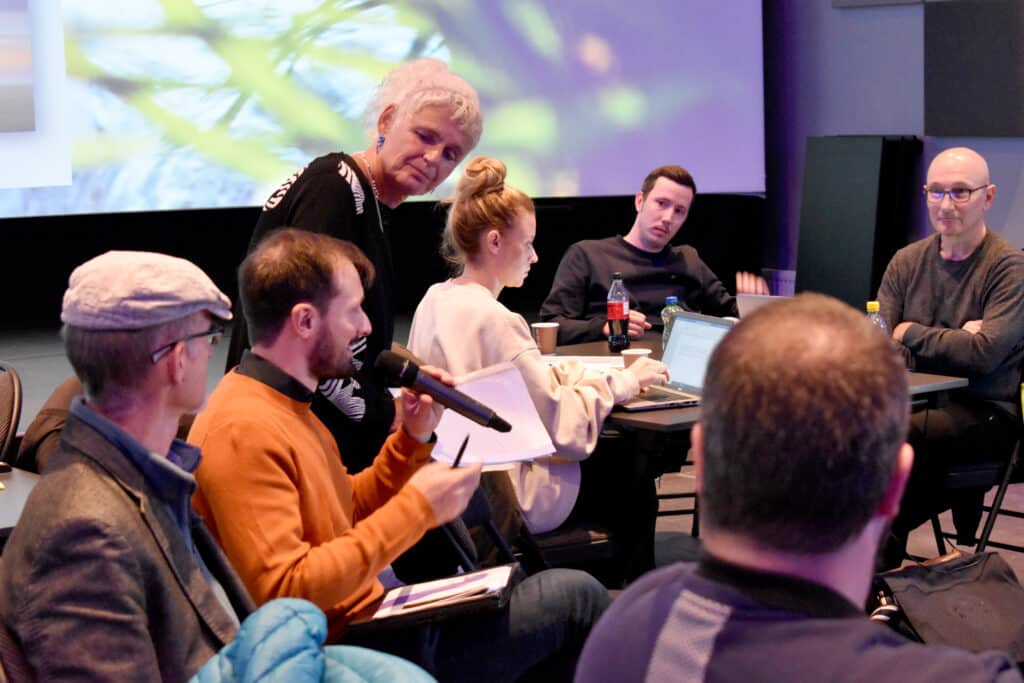
- It helps us get clarity on the goals of the project, and we get ideas and expertise for our project and how it should be carried out, she points out.
The project is coordinated by Dr. Doris Wilhelmer from the Austrian Institute of Technology in Austria. She also sees the value in physical project collections and thinks the composition of partners in TANGO-W is exciting and good.
- Mixing small and large cities as we have done, provides an interesting dynamic and access to a diversity of experiences and knowledge that you do not get in a more homogeneous group. In addition, our participants are open and committed, she says with satisfaction.
Shall make better use of polluted water
Citizen participation is a central element of TANGO-W. Change processes are most successful when the affected parties feel ownership of the new solutions. The project participants spent a lot of time during the Norwegian gathering discussing different ways of involving citizens, businesses and other agents of change.
- The work with TANGO-W is part of Marker municipality's overall sustainability work, and we are constantly concerned with communicating this to consumers and businesses in a concrete and understandable way, says Rødseth.
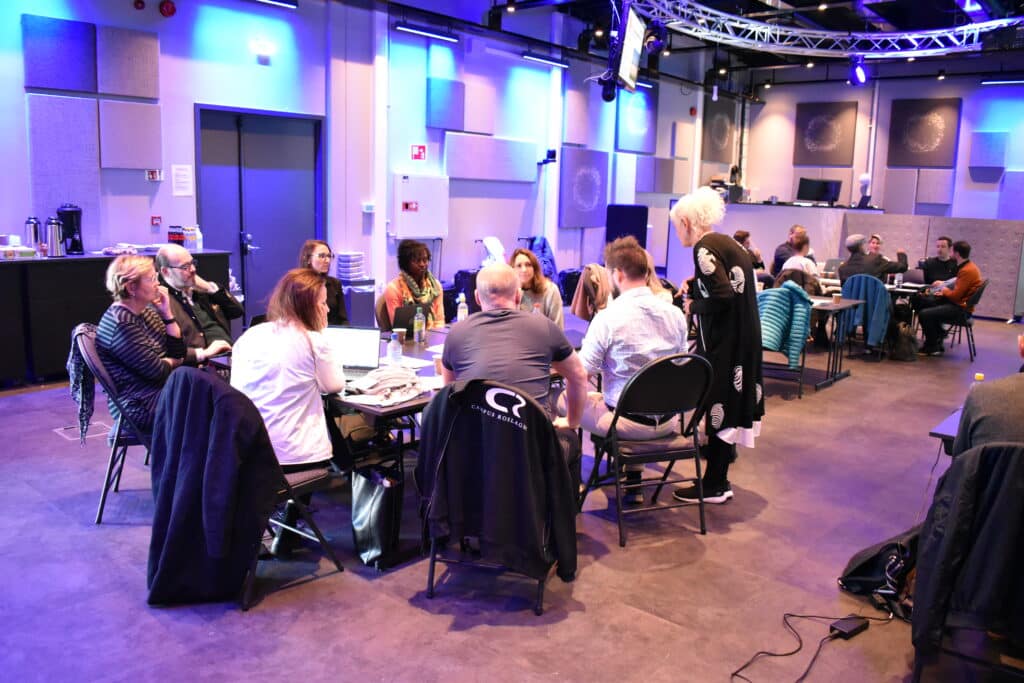
During October 2022, she will introduce TANGO-W to the local business community at a breakfast meeting and inform about how the project can assist in the work with companies' adaptability. She will also conduct a workshop with the business world with sustainability as the theme.
- Consuming water in a more efficient and future-oriented way is a change that benefits society. If we can save drinking water by, for example, using more purified water in situations where it is justifiable and appropriate, it can result in lower water charges for residents and businesses. It's an incentive that pays off, says Rødseth.
- Will close the change gaps
Dr. Wilhelmer from Austria is satisfied with the results from the two packed days in Norway. The around 20 participants contributed with good conversations, instructive discussions and interesting group work.
- They have different goals to work towards, and they have different perspectives on things. In projects like this, it is crucial to take into account the variation in the participants' starting points, she points out.
Each pilot has different needs and drivers that must be identified, they must map out who will be invited to participate in the project at local level, and they must find relevant supporters through the process.
- For my own part as coordinator, it is necessary to meet the pilots in order to gain a better understanding of each of them, and to be able to support and guide them. Part of the process is to close the change gaps that exist in the various cities, between the cities and between interest groups, says Wilhelmer.
Was shown parts of Halden and Marker
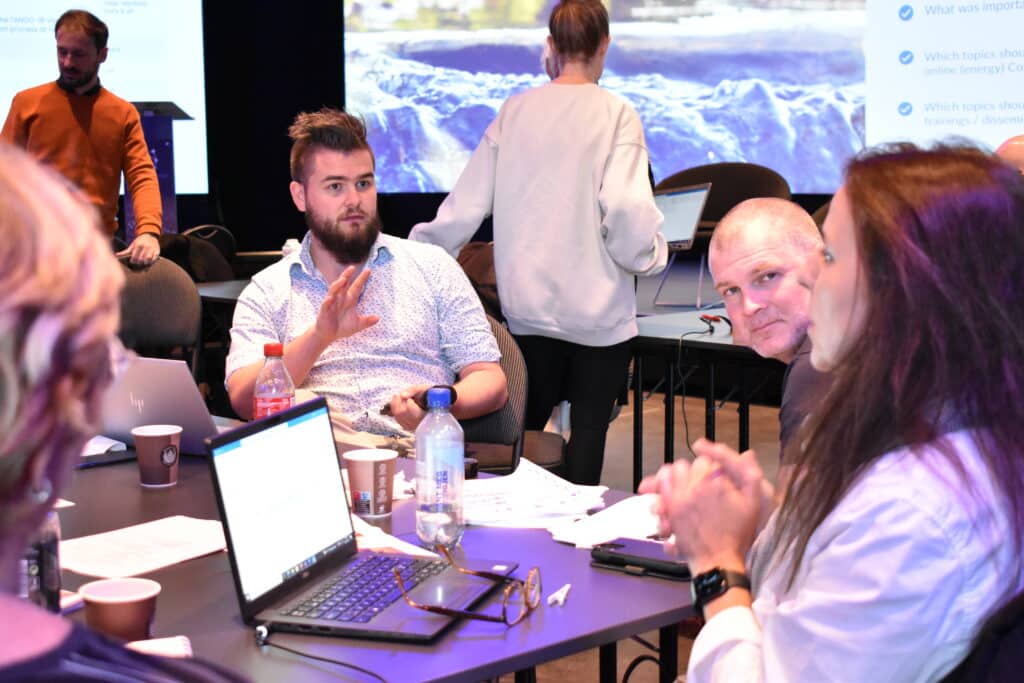
A packed program awaited the around 20 participants, and good conversations, instructive discussions and interesting tasks replaced each other throughout the two-day gathering.
The first half of the gathering was carried out in Marker, and at the end of the first day, the project participants got to join the steamboat Turisten on a guided trip with locks at Ørje. The trip on the Haldenkanalen in beautiful autumn weather was a welcome break, and dinner was also served on board.
The journey continued to the hotel at Fredriksten Fortress in Halden, where those who wished could take the trip into the fortress and take in the historic light show displayed on the walls.
On day two, Halden was the host, and in the Smart Innovation Arena arrangements were made for both group work, plenary work, presentations and lunch before the end and the journey home in the afternoon.
- The composition of the pilots and the project group complement each other. This is a learning situation, and I think it is one of the strengths of the project, points out project coordinator Dr. Doris Wilhelmer.
